Top 10 Best Food and Water Storage Tips
Morgan Rogue 10.03.22
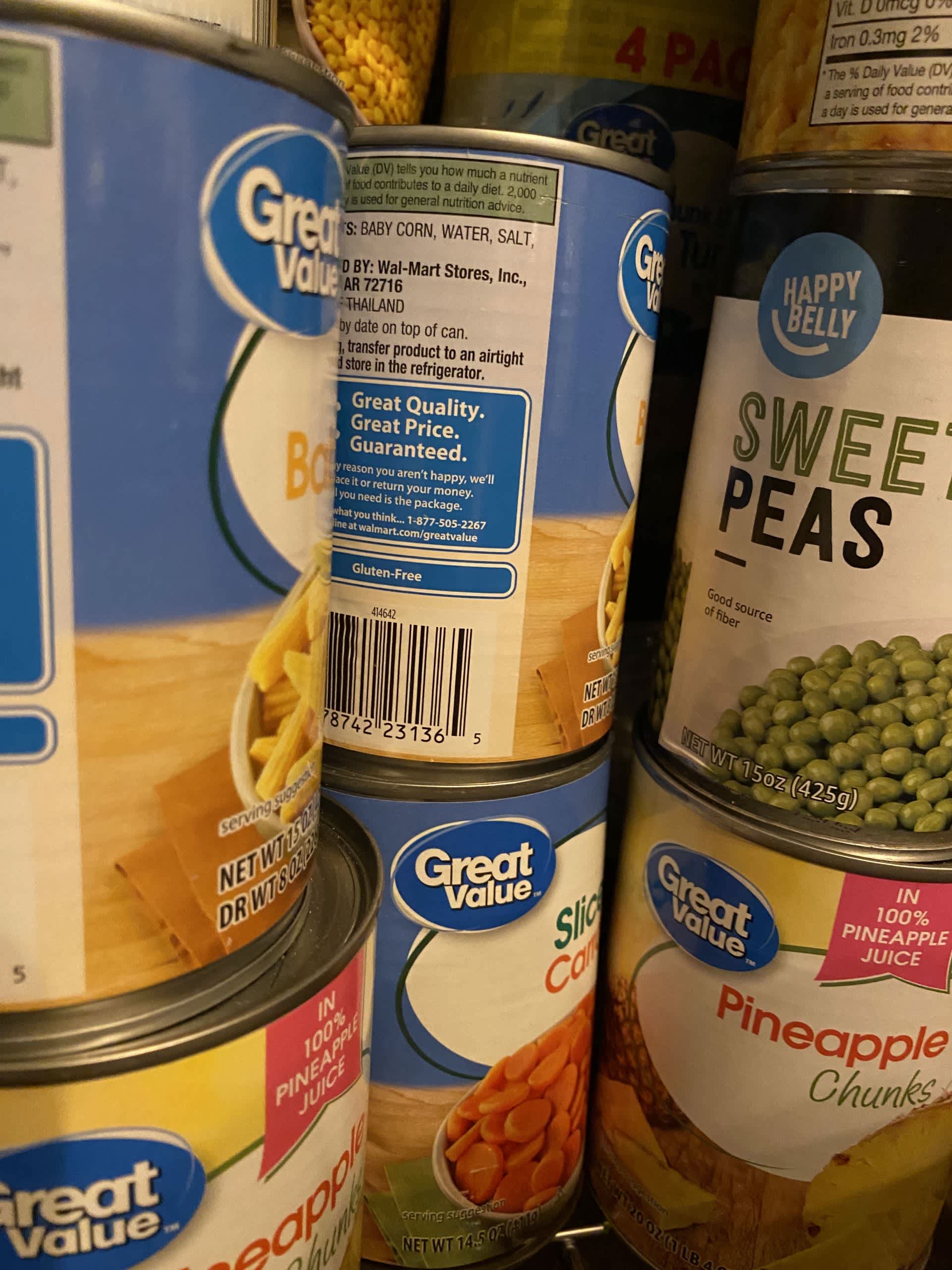
Have you decided to get prepared? Fantastic! Welcome! Storing food and water are generally the first things that I recommend for everyone starting off on their preparedness journey. Because we eat and drink everyday! We grocery shop at least weekly, sometimes more, sometimes less, but the majority of us are at the store often enough that grabbing a few extra items isn’t out of the way for anyone.
We need to continue to eat and drink if we want to keep living. So it’s only natural that stocking up on some extra food and water are the easiest actions to take.
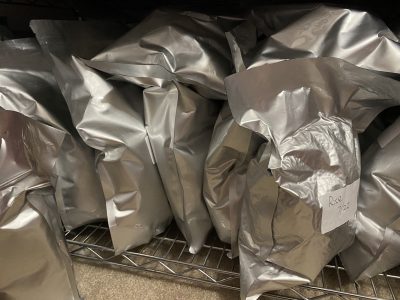
If you’ve decided to get prepared and wondering what the best practices for storing food and water are, here are some of my best tips!
Store what you eat
People look at preppers and see them prepping rice and beans or hear the ol’ phrase ‘beans, bullets and bandages’ and take it literally, that that’s all they need.
When in fact, you need to prep that food that your family eats. Don’t eat beans? Then don’t store it. Don’t eat rice? Then don’t store it.
You know what your family eats on a day-to-day basis; store that!
Not everything lasts forever
A huge myth behind food storage is that everything you tuck away for later is meant to last forever.
While we might package or preserve things to help keep them lasting longer, it doesn’t mean we just set it and forget it. In fact, even your long term food storage won’t last forever. Don’t just look at it, eat it. Rotate it and eat it. Replenish it with new food. This way you’re all very familiar with the foods you have stored and hey, if you stumble across something that isn’t good, all the better to discover that now then in a crisis.
Water can be stored in warm places
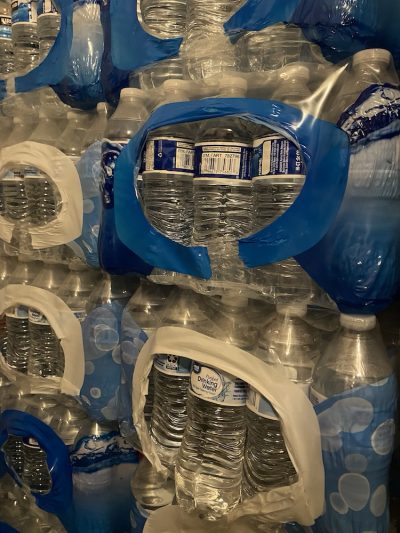
Yes, water can be stored in warm places. You just want to keep it out of direct sunlight. It can be kept in a garage or shed, just keep it covered and out of direct sunlight and it’ll be fine. We have water in our vehicles for 6-12 months and they’re fine. We use them and rotate them about every 6-12 months. I’ve also had waters sitting in a shed for 2 years, pulled them out and used them and they were perfectly fine, no bad taste, either.
If you feel uncomfortable leaving the water in warm places for long periods of time, then just rotate it out more often. If you don’t want to consume it, then pour it on your plants.
Read the directions
If you plan to do any canning or preserving of any kind, please be sure to read the directions carefully from a vetted source. This is your food we’re talking about here. You’re preserving it so that you can eat it at a later date, which means you want to preserve it properly so that it won’t make anyone sick when you decide to eat it at that later date. Follow the directions and you’ll be golden.
Oxygen absorber or no oxygen absorber?
For the most part, if the food has a high moisture or fat content, it’s not a good candidate for mylar or an oxygen absorber. Those would be short term foods, only lasting 1-2 years, at most.
Where do I store all of it?
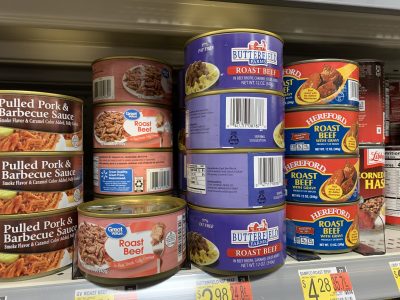
Everywhere you can! Under the bed, declutter closets, utilize empty wall space by installing shelves everywhere, get organized, use bins as tables or stack bins in empty corners and place a blanket over them. Get creative! I bet there’s so much underutilized space in your home and most of it may even come from decluttering or getting organized. Findthe space!
Food calculators aren’t a good source
Many people look to food storage calculators to determine the needs of their family. But as stated at the beginning, store what you eat, you know what your family eats and how much. Those food calculators can actually throw you off or intimidate you more than help you.
If your family goes through one, 5lb bag of rice a week, then you know you need at least one, 5lb bag of rice for a week. And for good measure get an extra 5lb bag of rice for that same week. Cause who said you can have too much food? Never too much food.
Inventory everything
Inventorying is my least favorite thing to do, but I do it because it helps me keep track of what I have or don’t have, just by looking at a sheet of paper. Inventory everything that comes in and goes out. I promise it’ll make your life so much easier.
Look local
Look to more local food and water sources. Can you haul water from somewhere? Can you ask a neighbor if you can haul from their well? Is there a community well? Can you collect rain water?
Are there local farms nearby? What about going fishing and hunting and foraging for wild edibles?
Think more locally for your food and water sources so you can thrive in any circumstance.
Is it illegal to collect rain water?
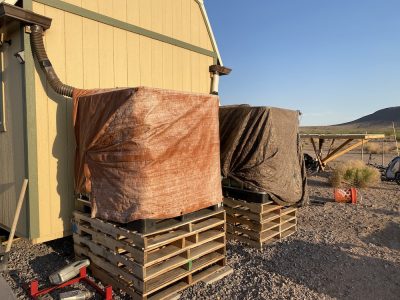
It is not illegal to collect rain water according to each individual state law. However, you will want to check with your local and county laws, as they may vary. There may also be some strict guidelines or rules. Check your local laws to be sure.
Conquer tomorrow, by preparing today!

